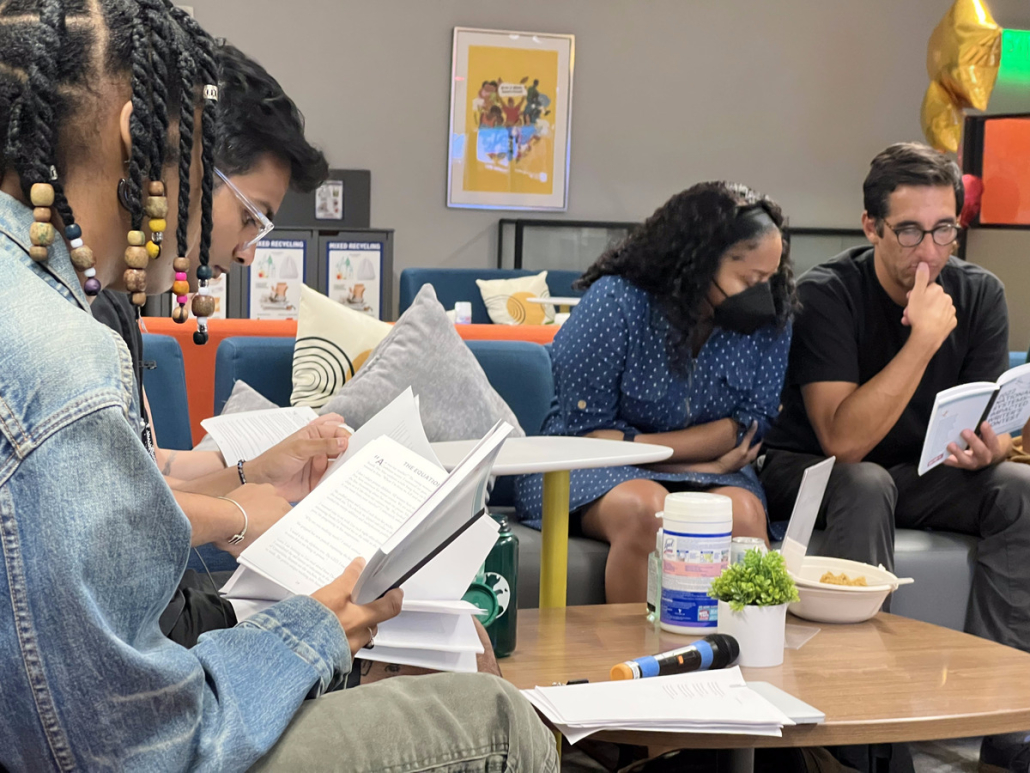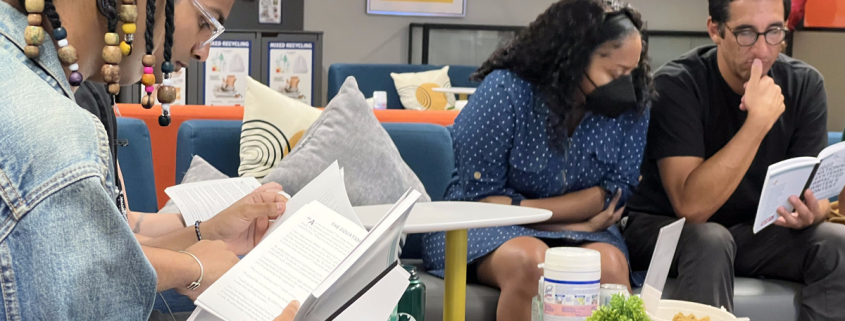USC looks to offer incarcerated students academic credit

USC hopes to offer its first for-credit course to incarcerated students in Spring 2023, in partnership with the Dornsife Prison Education Project. Taught by Kate Levin and Nik De Dominic, USC PEP co-directors and associate professors of writing, “WRIT 320: Inside Out Writing Workshop” co-enrolls USC students with students in custody.
Running for two semesters so far, the course previously only granted academic credit to current USC students. Students interested in this semester’s workshop can expect to focus on autobiographical writing while learning from one another in a rigorous, collaborative environment.
The PEP began in 2011 at Cal Poly Pomona and has since expanded to reach 20 universities and 25 correctional facilities throughout California. Levin and De Dominic co-founded the USC chapter in 2017, which now serves as the PEP’s largest chapter in the nation. The nonprofit program serves system-impacted students through regular course offerings at multiple correctional and transitional living facilities.
“It’s called an inside-out class because it’s half USC students and half incarcerated students,” Levin said. “There’s lots of ways to get a GED or even associate’s degrees. We run across people in prison who have five associate’s degrees, but it’s pretty hard to get credit toward a bachelor’s so this is a great step. What we’d like to do with PEP … is offer a whole B.A. degree to people who are in prison. This can be a first step along the way.”
Smaller liberal arts colleges in the U.S., including Pitzer, Emerson and Bard, offer a B.A. program to incarcerated people, but USC would be one of the only private R1 universities to offer a BA program to incarcerated students, De Dominic said.
“We’ve always seen the movement towards a B.A. program as an issue of equity,” De Dominic said. “Our USC students who are on-campus go into these spaces and there’s an experiential learning bend that they benefit from and our students who are in custody are obviously sort of enriched by the experience. But they don’t really get anything tangible in the way that our USC students do on campus.”
Previously, students in custody who took in-person USC PEP classes received rehabilitation achievement credits that lowered their sentence lengths. The California Department of Corrections and Rehabilitation halted RAC credit during the pandemic, and the PEP is currently working to get it back. According to the USC PEP, incarcerated people who participate in prison education programs are 43% less likely to recidivate — relapse into criminal activity — than those who do not.
This semester, USC PEP offered six courses that did not count for academic credit. The in-person courses include Film and Creative Writing, Film Studies, and Introduction to Debate. Courses held over Zoom included Creative Writing, Environmental Studies and Astronomy and Physics. All classes are led by professors and have six to eight student teaching assistants.
“Our main mission is to build what we call the prison-to-college pipeline,” Levin said. “You’ve probably heard of the school-to-prison pipeline. We’re trying to reverse that and help make it easier for people who are in prison to access higher ed.”
In the spring of 2021, the USC PEP overtook the National Writing Contest for Systems Impacted Writers from the Underground Trojans — the oldest post-prison education advocacy group at USC. Submissions increased from around 100 in 2021 to over 600 in 2022. The USC PEP has awarded $10,000 per contest to winners. Writers who did not receive a cash award had their work published in the contest’s anthology.
With only eight winners annually, many writers were left seeking feedback on their work. This apparent need inspired Keziah Poole, who earned her Ph.D. in comparative literature at USC in 2021, to found and direct the USC PEP Readers Circle in February. Poole designed the program to support writers in custody beyond the 6 to 8 week writing courses USC PEP offers, as well as reach people who do not have access to programming in their facilities.
The program receives writing by mail from more than 150 authors from 26 states. The Readers Circle then scans and anonymizes the documents and logs the manuscript information. Documents are emailed out to more than 280 volunteers and they select and service a document by proofreading, copy editing, general feedback or digitization.
“By reading the works of incarcerated writers, we are telling them that their experiences matter and that they, like everyone else, have a right to be create and be heard,” Poole said. “It also presents USC students with an opportunity to hear voices that they may not otherwise be exposed to, and to forge a human connection with someone through the power of writing.”
Correction: A previous version of this story stated that the Prison Education Program is currently offering academic credit to incarcerated students. The project team is currently awaiting final approval to offer credit. A previous version of this story also stated that USC could be the first university in the country to offer a BA program to incarcerated people on a large scale. USC would be one of the only private R1 universities to offer such a program. The Daily Trojan regrets these errors.
Correction: A previous version of this story failed to include the Underground Trojans’ work in starting the National Writing Contest for Systems Impacted Writers. The Daily Trojan regrets this error.

